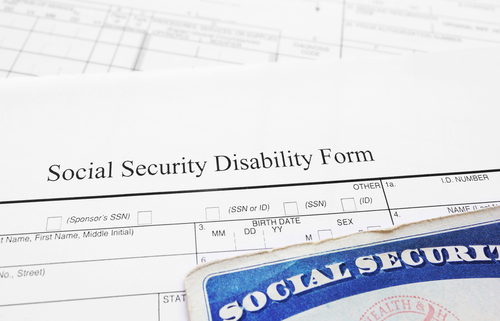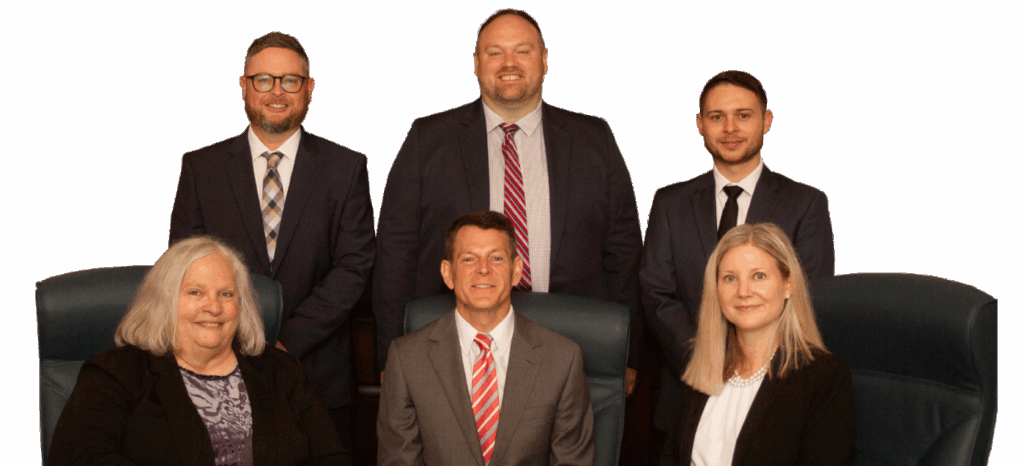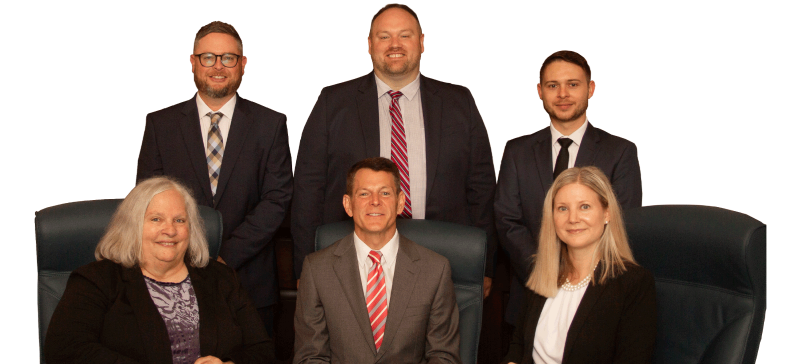
How Do We Prep Our Clients for their Social Security Disability Hearing?
It is no doubt that many people may feel nervous and anxious before a Social Security Disability hearing. This is especially true for anyone who is new to the process or is going through the courts alone, without legal representation. We have pulled together three common mistakes people make at their hearings.
https://youtu.be/VLSq31657sQ?list=PL0sEKmZS1vucdL27hJiV7KZiTFa50Jzy9
WATCH Attorney Sara Martin explains what to expect at your disability hearing and how Rhoads & Rhoads helps you throughout the entire process. Ultimately, our firm will be with you every step of the way.
1) Not Being Truthful – Exaggerating or Minimizing Your Symptoms
Being dishonest by exaggerating your medical problems at a hearing is a huge mistake and the quickest way to lose credibility with the judge and your claim’s validity. While most judges are friendly, non-adversarial and interested in hearing your case, there will be judges who quickly turn unpleasant and are easily bothered by a dishonest disability claimant – rightfully so.
On the other hand, this is not time for stoic bravery and presenting a minimized view of the symptoms and damages your disability has caused. So don’t minimize them. With supported medical evidence on your side, a judge will not view your claim and testimony as whining or complaining. You need to be clear in describing your pain, symptoms both emotional and physical. If you don’t, the judge may decide you are capable of working.
2) Not Being Prepared
Coming prepared for your hearing will greatly increase your chances of being approved. Approval is dependent on evidence that has been submitted throughout your claim period. Be sure you come into the hearing aware of what all updated medical records say, and be knowledgeable on the specific medical opinions regarding your ability to work your treating physicians have given to you. Anticipate questions to be asked from your case file from Social Security. Review your file before you go to your hearing.
3) Saying Things That Can Hurt Your Case
You must remain honest throughout your hearing, but that doesn’t always mean you need to take it upon yourself to offer up information that might be harmful to your case – even though it shouldn’t. Avoid making statements about family members who are receiving unemployment or disability benefits and any criminal history or drugs or alcohol abuse you have. You will also want to avoid giving free statements that may seem like you haven’t followed the doctor’s orders. Judges also don’t want to hear you say that you can’t find employment or don’t have transportation to get to and from a job.
In general, these common mistakes can be easily avoided if you have the right representation to help prepare you for a hearing. You will want to contact a lawyer as early as possible so they can have the appropriate time to become familiar with your case.
Fighting For You Disability Benefits and Rights
If you or a loved one can no longer work and is pursuing Social Security benefits, our team of experienced attorneys and knowledgeable support staff are available to help you through this difficult time and get you the financial recovery you deserve. Rhoads & Rhoads has been protecting the rights of the injured throughout Western Kentucky for over 39 years. Call us at 888-709-9329 or contact us by e-mail to schedule an appointment.
Video Transcript
One of the last steps in the social security process oftentimes is attending your disability hearing. It is in front of an administrative law judge. When we represent you here at Rhoads & Rhoads, we’ve got your back. We’ll thoroughly prepare you for this process: we bring you in, we meet with you, we walk you through it from beginning to end.
We know you’re going to be nervous. It’s a very, very important day in your life. And so we do everything we can to ensure that you are comfortable, you are prepared, and also that your case is where it needs to be: that all the medical records have been submitted, that we have all the doctors’ support we can get, and that when we’re there in the hearing room, your testimony is consistent with the medical records so that you have the best opportunity possible to win.


